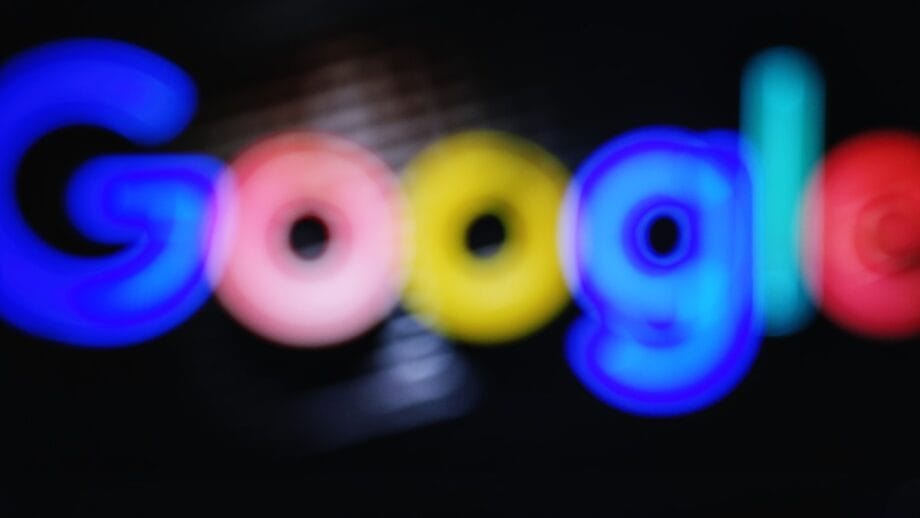Google Survives Antitrust Case with Minimal Consequences
In a recent analysis, Richard Waters of the Financial Times remarked that Google has navigated a pivotal antitrust case “surprisingly unscathed.” The previous year, a “damning” ruling labeled the tech giant as a monopolistic entity, having allegedly “squeezed out rivals” by disbursing billions to Apple to secure its status as the default search engine on the iPhone, thereby granting it exclusive access to vast user numbers.
Federal regulators anticipated that presiding Judge Amit Mehta would impose stringent measures, including the potential divestiture of Google’s Chrome browser or Android operating system. However, Mehta’s decision was not to dismantle Google or prohibit it from compensating other tech firms to designate its search engine as the default.
Instead, the ruling imposes only a requirement for Google to disclose certain search engine data to competitors, a modest sanction intended to alleviate some barriers for emerging rivals. This outcome has been characterized as a mere “slap on the wrist,” essentially granting Google a “green light to intensify its operations.”
The editorial board of The Wall Street Journal reflected on the sluggish court proceedings, noting that they failed to keep pace with rapid technological advancements. The essence of the case, which revolved around Google’s search monopoly, appears increasingly antiquated in the context of the burgeoning generative artificial intelligence and platforms such as ChatGPT, which introduce genuine competition to traditional search and browsing paradigms.
While the Department of Justice aimed to significantly constrain Google, historical trends indicate that “competition and innovation trumped the trust busters.” Dave Lee from Bloomberg commented that Judge Mehta observed that “nobody mentioned generative AI during the initial trial” back in 2023, recognizing the substantial shifts that have occurred since then.

In the present AI-centric landscape, Google appears to be “struggling” rather than maintaining its dominant position. Ironically, curtailing the company’s competitive capabilities in 2025 might “have risked diminishing competition, rather than enhancing it.”
Nonetheless, Binyamin Applebaum from The New York Times contended that Google has indeed faced significant setbacks, expressing that the directive to share its search data with competitors could weaken the company’s stronghold on the internet.
Similar to past government interventions that stymied Microsoft’s control over the internet’s evolution, this ruling reflects a significant step toward fostering an environment conducive to new innovations.
“It’s about time the government made space for the next generation of visionaries.” This ruling effectively obliges Google to provide its adversaries with the tools they may utilize to challenge the company, a dynamic mirrored in the editorial from The Washington Post.
Although it’s conceivable that such shifts would transpire without a legal ruling, history demonstrates that numerous former monopolies faltered amidst fresh competition. While Google remains a formidable player, its status as the quintessential “answer machine” is increasingly jeopardized. The trajectory of today’s leading entities always bears the potential for disruption, positioning them as mere “yesterday’s news.”
Source link: Theweek.com.






